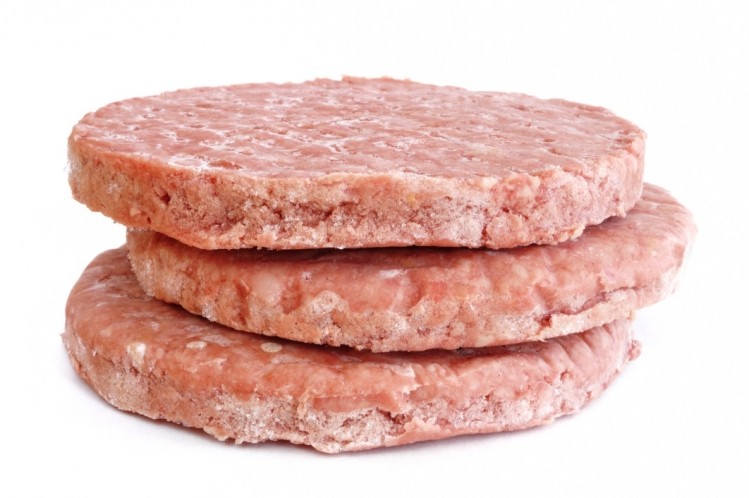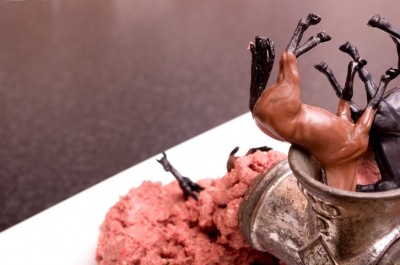French burger fraud is ‘chapter 2’ of the horsemeat scandal, campaigners warn

Four French associations, Banques Alimentaires (French food banks), the French Red Cross, Restaurants du Cœur and Secours Populaire Français, have become the victims of a large-scale food fraud.
Using funds from the Fund for European Aid to the Most Deprived (FEAD), the food charities purchased and redistributed frozen burgers that, it transpired, did not meet the minimum legal standards governing these products.
These frozen beef burgers are among the 27 products offered in 2018 by the FEAD initiative, which supports 5 million people living in food poverty. FEAD provides funding to national bodies or partner organisations, who buy food and redistribute it directly. For 2018, around €5.2 million was allocated to purchase of about 1,500 tonnes of frozen hamburgers.
The associations removed the frozen burgers from across their networks and alerted the food safety authorities at a national and regional level as soon as concerns about the quality of the products were raised in February this year, they revealed in a joint statement.
Deception in the food chain
The Directorate-General for Competition, Consumer Affairs and Fraud Control (DGCCRF) confirmed on Friday (7 June) that while the burgers did not pose a threat to human health, they failed to meet quality standards required for burger patties.
“DGCCRF investigators took dozens of samples of chopped steaks for analysis in their laboratories. These samples had non-compliance [issues] with the rules governing the quality of these products: notably excess fat, poor quality of tissues [and] defects in the composition,” the regulator said.
DGCCRF said results from the test samples, collected between mid-May and June, confirmed “deception” over the “substantial qualities” of the product had taken place.
The DGCCRF’s investigation traced the fraudulent food to a French company that sourced the burgers from a Polish supplier. Another French company acted as an intermediary.
The French authorities are in contact with their Polish counterparts by the Food Fraud Network to extend the investigation in Poland.
At a national level, DGCCRF indicated that they will pursue the case through the French courts. The regulator said that the facts point to “deception by an organised gang”, which is a criminal offence in the country.
Same recipe as horsegate?
Food fraud is big business, worth an estimated €40bn annually.
The European food sector has been wracked by a number of large-scale food frauds, including most recently fipronil in eggs.
The strongest parallels can be drawn between this latest scandal and the 2013 horsemeat scandal, which saw horsemeat entering the food chain after being passed off as ground beef.
According to consumer watchdog FoodWatch, the current situation contains “exactly the same ingredients” as the horsemeat scandal: opaqueness, poor traceability and weak control mechanisms.
FoodWatch stressed that fraudsters continue to find a market for sub-standard meat because existing penalties are “so light” that the system “encourages” the risk.
Ingrid Kragl, FoodWatch's director of information, argued that by not making the names of the companies involved public, consumers face continued risk. “It is unknown today which French companies [are involved]. Have they only sold to charities?”
Significant questions also surround the Polish supplier and whether they sold the fraudulent meat into the mass market or catering sector, Kragl continued.
Kragl also stressed that the criminal allegation facing the food suppliers of being an “organised gang” was the same as that faced by the leaders of the Spanghero meat company in connection with the horsemeat scare.
Earlier this year, Spanghero’s director Jacques Poujol was found guilty of selling over 500 tonnes of horsemeat in the place of beef between 2012 and 2013 to ready meal manufacturer Tavola.
Poujol was sentenced to 24 months in prison, 18 of which were suspended. “The scammers in the Spanghero affair escaped with little sanctions,” FoodWatch argued.

























